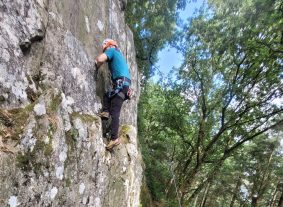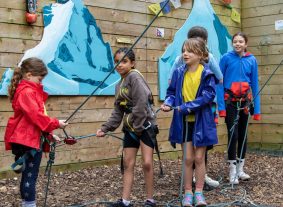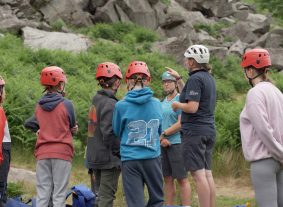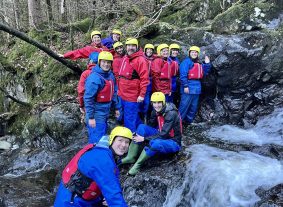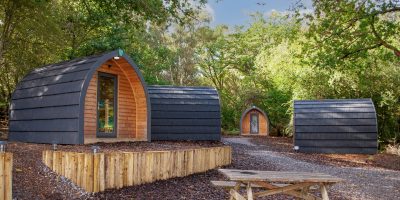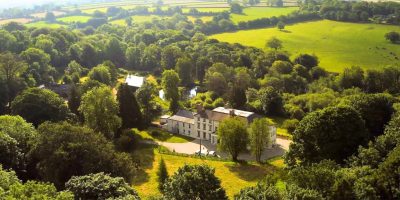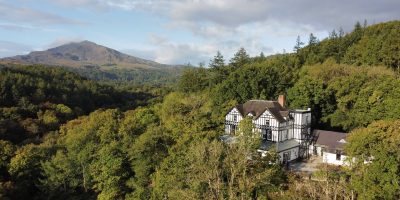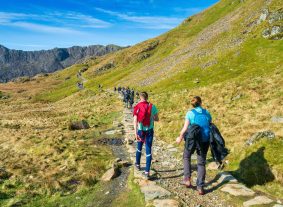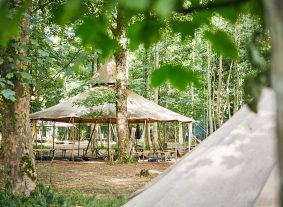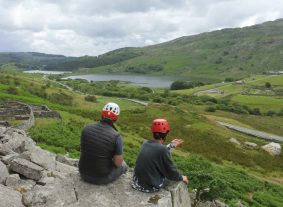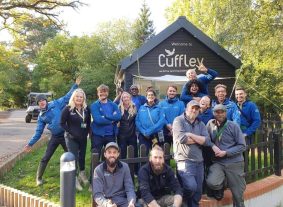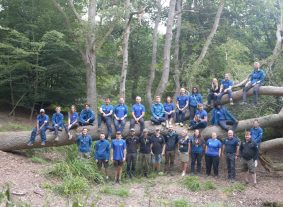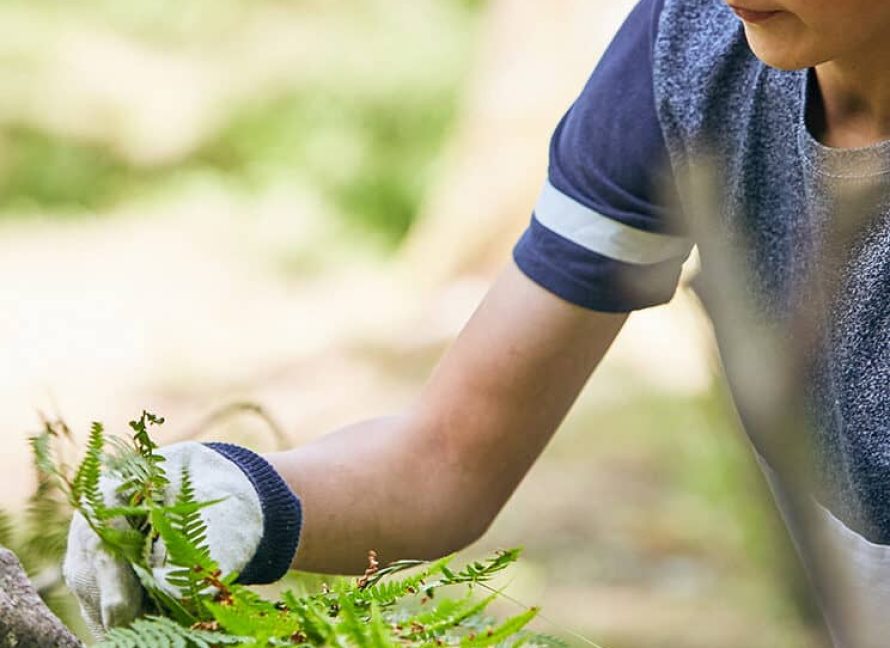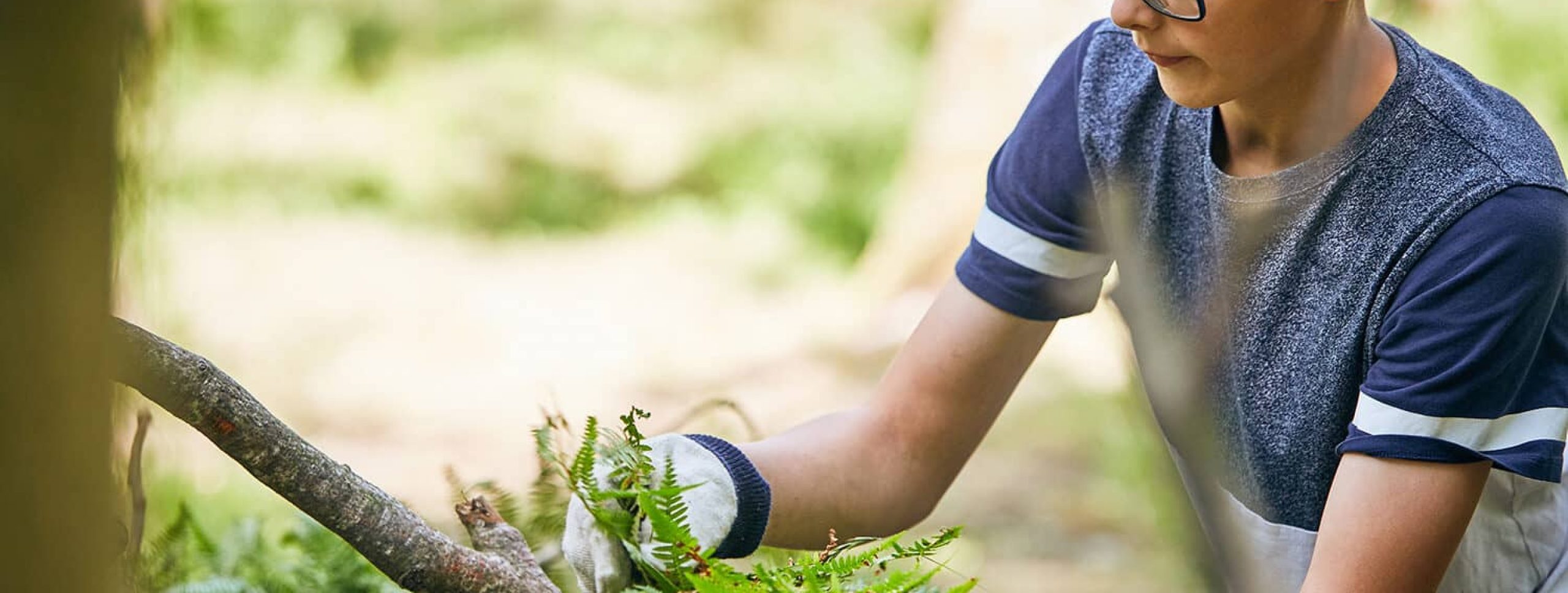Imagine being able to thrive in the wilderness using only the tools and materials nature provides. This is the essence of bushcraft, a set of survival skills that have been practiced by humans for thousands of years.
The History of Bushcraft Skills
Bushcraft skills trace their roots back to our ancestors who relied on their knowledge of nature to survive. These skills were essential for finding food, building shelter, and creating tools. Indigenous cultures around the world have refined and passed down bushcraft techniques through generations, often tailoring them to their specific environments. In recent years, there has been a resurgence of interest in bushcraft, as people seek to reconnect with nature and learn self-sufficiency.
Why Bushcraft Skills Are Important
In a world increasingly dominated by technology and urban living, bushcraft skills provide a unique opportunity to reconnect with nature. These skills foster self-reliance, resilience, and a deeper understanding of the natural world. They are also crucial in emergency situations, where knowledge of bushcraft can mean the difference between life and death. Additionally, practicing bushcraft promotes mental well-being by encouraging mindfulness, patience, and problem-solving.
Spotlight on Essential Bushcraft Skills
Fire Lighting
Fire has been a cornerstone of human survival for millennia, used for warmth, cooking, and protection.
- Skills Involved: Understanding fire-starting methods (friction, spark, and modern techniques), knowledge of tinder and kindling, and maintaining a fire.
- Benefits: Mastering fire lighting boosts confidence, provides warmth, and enables cooking and water purification.
Shelter Building
Building shelters has been essential for protection against the elements and predators.
- Skills Involved: Choosing a suitable location, understanding different shelter types (lean-to, debris hut, tarp shelter), and using natural materials effectively.
- Benefits: Knowing how to build a shelter ensures safety and comfort in the wilderness, protecting against hypothermia and exposure.
Trap Making
Trapping has been a primary method for hunting and securing food.
- Skills Involved: Knowledge of animal behaviour, constructing various traps (deadfall, snare), and placement for maximum efficiency.
- Benefits: Trapping provides a reliable food source and teaches patience and strategic thinking.
The Skills Involved in Bushcraft
Bushcraft encompasses a wide range of skills, each requiring practice and knowledge:
- Tool Making: Crafting tools from natural materials, such as stone, bone, and wood.
- Navigation: Using natural indicators, such as the sun, stars, and landforms, to navigate without modern tools.
- Foraging: Identifying edible and medicinal plants, understanding their uses, and knowing which to avoid.
- Water Sourcing: Locating and purifying water to ensure it is safe for consumption.
The Benefits of Knowing Bushcraft Skills
- Self-Reliance and Confidence: Mastering bushcraft skills instils a sense of independence and confidence, knowing you can rely on yourself in any situation.
- Physical Health: Engaging in bushcraft activities promotes physical fitness, as it often involves hiking, building, and other hands-on tasks.
- Mental Well-Being: Spending time in nature and practicing mindfulness through bushcraft can reduce stress and improve mental clarity.
- Environmental Awareness: Learning bushcraft fosters a deeper appreciation for the environment and promotes sustainable practices.
- Survival Preparedness: In emergency situations, bushcraft skills can be lifesaving, providing the knowledge needed to survive and thrive until help arrives.
Bushcraft skills are a timeless practice that connects us with our ancestral roots and the natural world. Whether you’re lighting a fire, building a shelter, or setting a trap, these skills offer invaluable benefits that extend beyond survival. They enhance our physical and mental well-being, foster self-reliance, and promote environmental stewardship. By embracing bushcraft, we not only preserve ancient knowledge but also equip ourselves with the tools to thrive in any situation nature throws our way.
